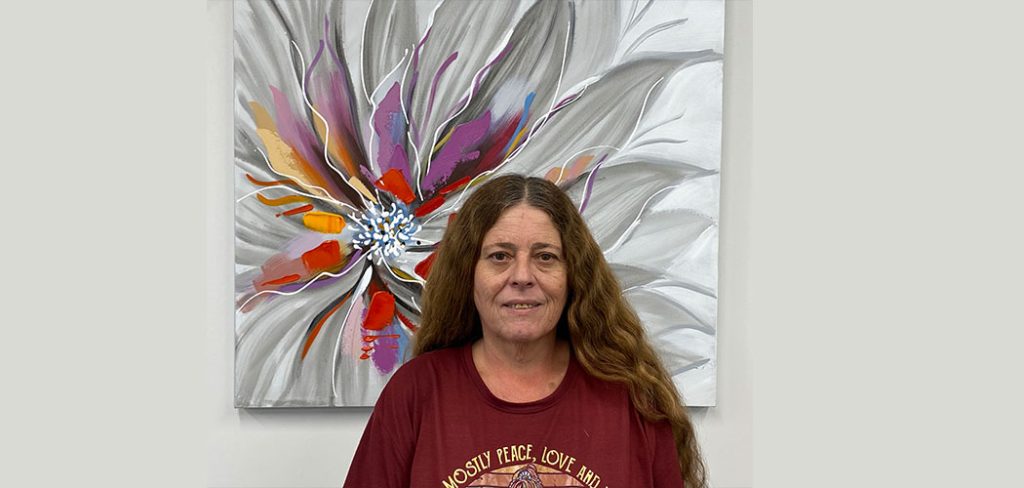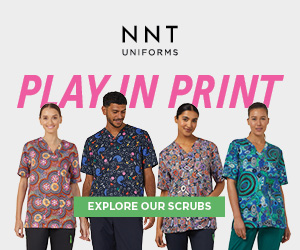As a nurse who has worked at the frontline of both traditional and cannabinoid-based care, I’ve witnessed the real-world consequences of our system’s slow and inconsistent uptake of medicinal cannabis policy.
Despite medicinal cannabis being legal and regulated in Australia since 2016, nurses are still left in the dark. We are expected to care for patients who use these medicines, many with prescriptions, TGA approval, and long-standing treatment plans, yet we receive little to no formal education on safe administration, pharmacology, or legal considerations. In some hospitals, prescribed cannabis is treated like contraband. I’ve seen nurses confiscate patient medicine, refuse to chart or report it, and even call security, not out of malice, but out of fear and confusion.
The new Ahpra guidelines for prescribers are a step in the right direction, there is no room for bad practice. However they don’t go far enough to support the wider multidisciplinary team. Nurses are the bridge between prescriber and patient. We monitor for efficacy, advocate for comfort, and uphold patient dignity. We must be empowered to act safely and ethically when it comes to cannabis, not be sidelined by stigma.
We also need to talk about safety. Patients are often forced to hide their use, skip doses, or revert to opioids in hospital settings simply because staff don’t know what to do. This isn’t just a policy issue; it’s a patient harm issue.
The release of the 2025 ICN new definition of nursing emphasises that nursing is a profession dedicated to upholding everyone’s right to health through collaborative, culturally safe, people-centred care. It underscores the role of nurses in advocacy, policy development, and leadership, moving beyond task-based care to address broader health determinants. As nurses we need to heed that call.
I work with patients who have been stable on cannabinoids for years. They’re cancer survivors, chronic pain warriors, veterans with PTSD. They deserve evidence-based, compassionate care and so do the nurses who support them. Until cannabinoid education becomes part of core nursing curricula and hospital policy catches up with legislation, we will continue to place patients and nurses in ethically compromising positions.

It’s time we start treating medicinal cannabis with the same clinical respect as any other prescribed therapy. Nurses have a vital role in this shift. We are educators, advocates, and leaders and we must not be afraid to speak up.
We need to contribute and give feedback so policy changes are undertaken collaboratively and not in a knee-jerk reaction to a small set of practitioners doing the wrong thing.
Deb Ranson is a Clinical Nurse Consultant, co-founder of the Australian Cannabis Nurses Association and a medicinal cannabis educator and advocate









3 Responses
Fantastic read Deb! thanks for your continuing advocacy for our patients!
Thankyou for this report,
As an EEN in a nursing home setting I have come across this with palliative patients and felt uneasy administering it , although it was kept in the S8 cupboard and signed out by an RN and EN I still felt uneasy. The patient said the effects of the marijuan oil was very positive. But what are the red flags and contraindications, the dose strength is very weak information out there.
As a Nurse who is not currently practicing due to health reasons and being prescribed medicinal cannabis I hear everything you are saying here.
From a patients perspective-
I have chosen not to work due to fear of losing my registration, whilst I have clearances from my treating health specialists to return to work, I know if I was to disclose this to my employer, my employment would be terminated so I currently remain on leave without pay.
I am located in a remote area so when I become unwell I have to travel to the next town as I do not feel comfortable or safe presenting to the Hospital in my local town due to poor education and judgement received from those in my local Hospital and fear of my treatment being disclosed or reported and the the reality of not being able to return to do what I love is crippling and affecting my mental health more than my chronic health condition right now.
I have TGA approvals for all of my prescriptions, and follow a very structured routine with my management plan, but this can be demoralising when I am due for my medication and I am not at home, I have become extremely isolated to my home due to this.
Professionally-
Nurses absolutely need education, support and guidance around this treatment, there is way too much fear and confusion Deb, but sadly there is a great deal of malice also – more so in Regional, Rural and Remote Hospitals.
There is progress being made, but so much more needs to be done, for the reassurance of our Nurses, but also for the safety of our patients.
Nurses are the backbone of our health system, the Covid pandemic proved that when they released student nurses early to work.
But Nurses are not nursing as long as they used to because we are not able to provide the care, all the focus is paperwork and making sure boxes are ticked.
Changes are needed.